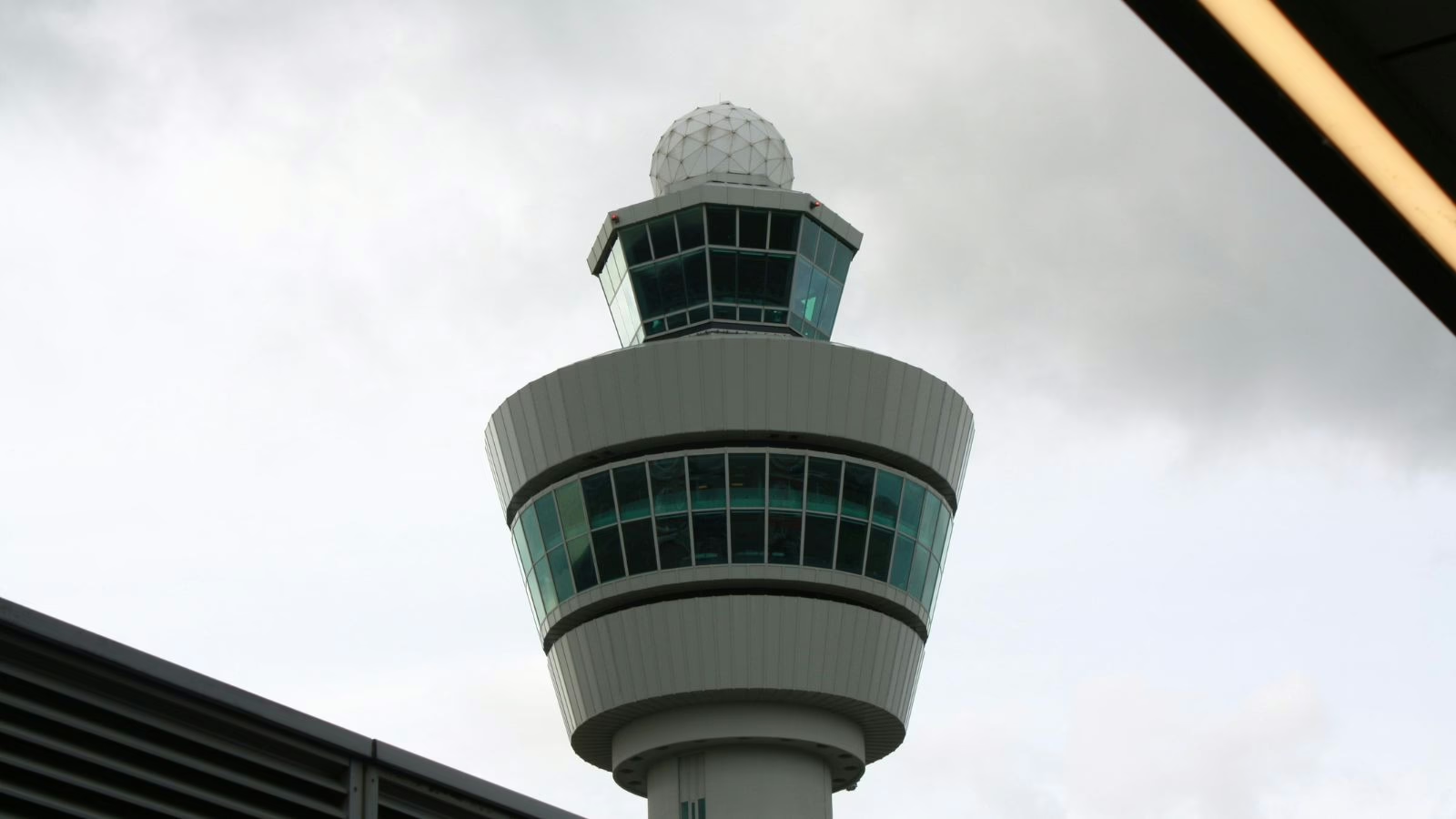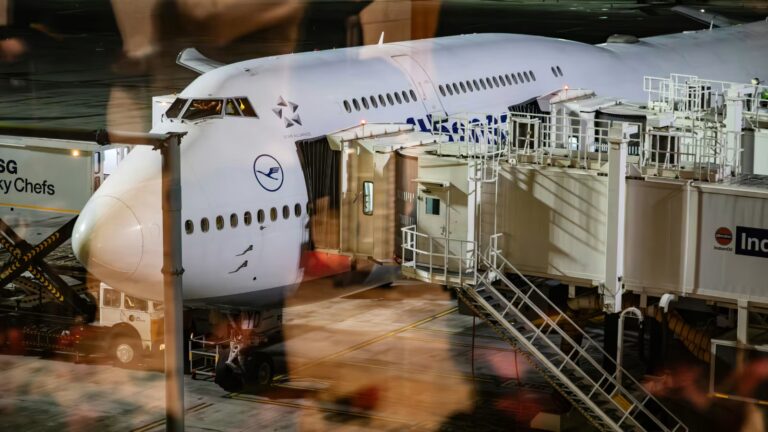The aviation industry is undergoing rapid digital transformation, and consultancy services must evolve to keep pace. Artificial Intelligence (AI) is revolutionizing how airlines make decisions—shifting from reactive to proactive strategies.
By integrating AI-driven real-time analytics, airline consultants can optimize operations, enhance safety, and improve profitability.
Why AI in Airline Consultancy?
- Predictive Maintenance
- AI analyzes aircraft sensor data to predict failures before they occur, reducing downtime and maintenance costs.
- Example: Machine learning models flag engine anomalies, allowing preemptive repairs.
- Dynamic Pricing & Revenue Management
- AI processes market trends, competitor pricing, and demand fluctuations to recommend optimal ticket pricing.
- Example: Lufthansa uses AI to adjust fares in real-time based on booking patterns.
- Operational Efficiency
- AI optimizes flight routes, crew scheduling, and fuel consumption by processing real-time weather and air traffic data.
- Example: Delta Air Lines employs AI to reduce fuel burn and delays.
- Enhanced Customer Insights
- AI-powered sentiment analysis of passenger feedback helps airlines refine services.
- Example: Emirates uses AI chatbots to personalize customer interactions.
Challenges & Solutions
- Data Silos → Implement unified cloud-based platforms.
- Regulatory Compliance → Ensure AI models adhere to aviation safety standards (e.g., EASA, FAA).
- Workforce Adaptation → Upskill staff through AI training programs.
The Future of AI in Aviation Consultancy
As AI advances, expect:
- Autonomous decision-making systems for crisis management.
- AI co-pilots assisting human consultants with scenario simulations.
Conclusion
AI is no longer optional—it’s a competitive necessity. Airlines that leverage real-time AI analytics will lead in efficiency, cost savings, and customer satisfaction. Get in touch with our experts to learn and discover more.



